On Wednesday the 14th of May, we held a joint session with the Twenty-First Century Research group. Our topic was Neo-Victorianism, and we were fortunate enough to have two excellent scholars come and talk to us about their work.
The first was Professor Angela Thody, who discussed the patterns of similarity between Victorian modes of education and developments in the late twentieth- and early twenty-first centuries. Angela provided us with a quiz at which, humble reader, I must admit that I did very badly. She also regaled us with song, which was a first for the Nineteenth-Century Research group!
Our second speaker was Dr. Benjamin Poore from the University of York. Ben spoke to us about Neo-Victorianism on television, focusing on ‘Sherlock Holmes, Ripper Street, and the Neo-Victorian Detective in Print and on Screen’. Ben discussed the reasons for the popularity of Victorian detective figures today, analysed the complexities of these portrayals, and provided us with a brilliant definition of steampunk as ‘retro-futurism’.
This was the final session of the year, and so we are now looking for suggestions for meetings and events in 2014-2015. If you would like to suggest anything, or to volunteer, please email the organisers at hfield@lincoln.ac.uk and/or oclayton@lincoln.ac.uk.
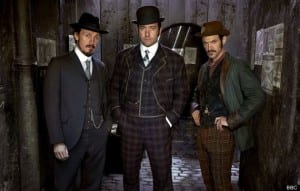
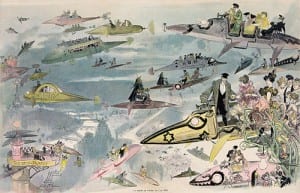
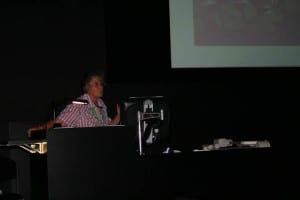
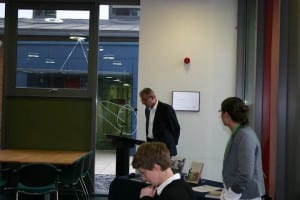
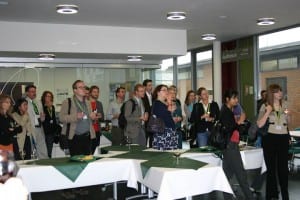
Recent Comments